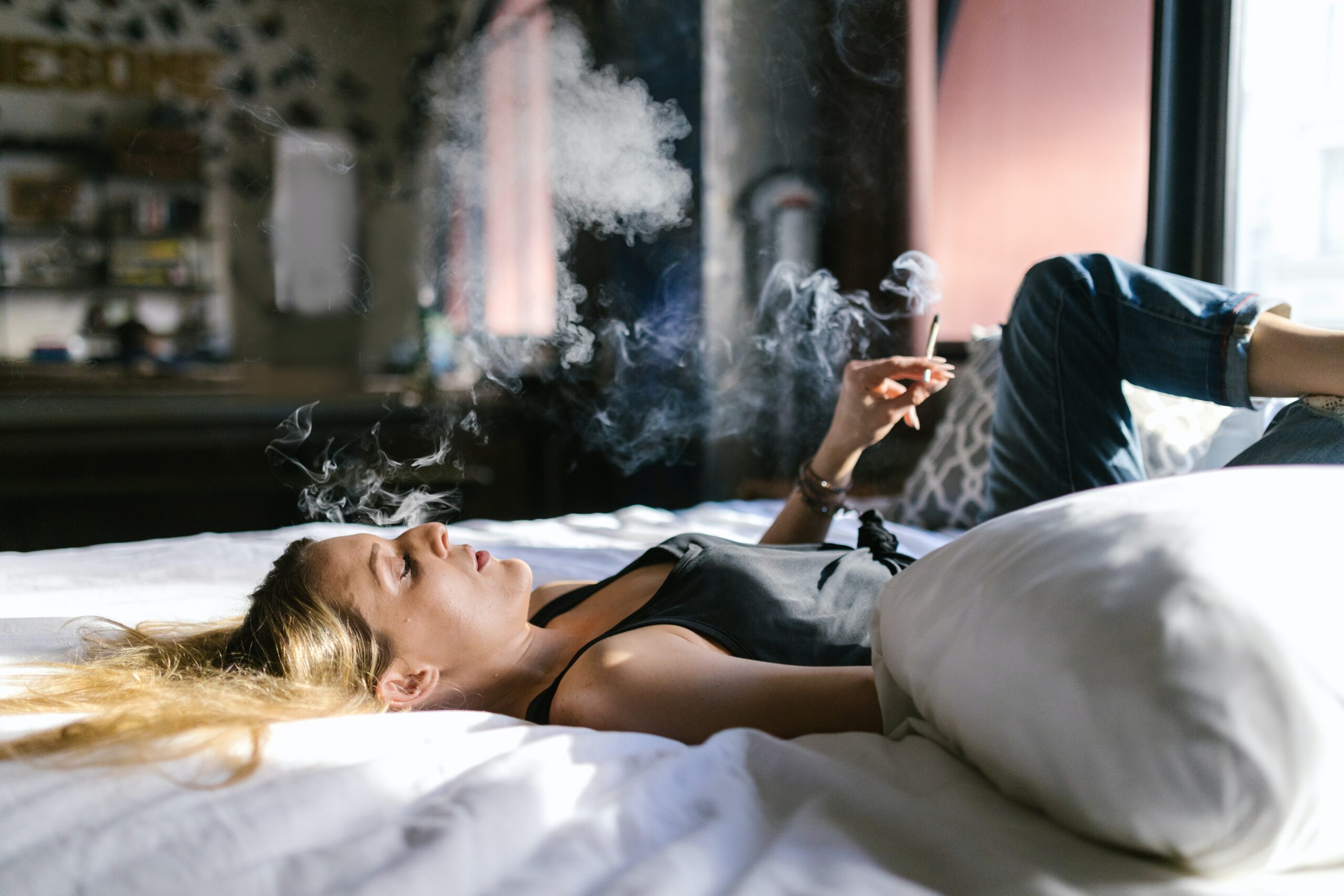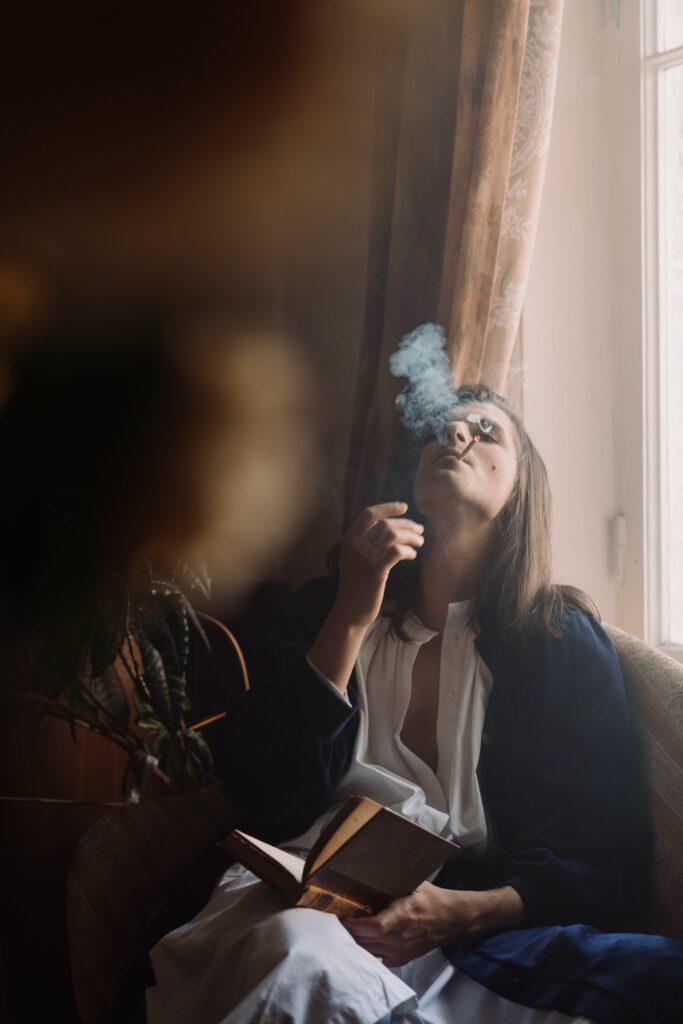
When Cannabis Goes Bad: Maryjane Disrupts Our Beauty Sleep!
Cannabis is notorious for being the most phenomenal sleep aid ever, but come to find out, a study reveals that using cannabis before bed can actually really interfere with your sleep.
The study was orchestrated by two researchers from Canada’s University of Toronto, both were eager to investigate the relationship between cannabis use and sleep duration. They administered a survey within the U.S. designed by the National Center for Health Statistics and the Centers for Disease Control and Prevention. The data was collected from 21,729 adults. Participants were required to report their age range, race, sex, education post high school, average hours worked per week, and other health-related variables.
Sleep quality was measured through questions regarding the level of difficulty in falling asleep and staying asleep. Researchers also inquired about any over-sleeping in the past two weeks and asked if participants had sought out a physician’s help for sleep issues in the past (or currently). Sleep duration was categorized as either short, optimal, or long, defining short sleep as anything less than 6 hours and considering long sleep to be a night that surpassed 9 hours on weeknights/worknights.

14.5 percent of participants (3,132 individuals) had used cannabis in the last 30 days categorizing them as “users”. Moderate users smoked less than 20 times within those 30 days and those who surpassed 20 instances were considered heavy users.
The results clearly set the ‘users’ apart from the ‘non-users’. Users were 56% more likely to sleep beyond 9 hours and 34% more likely to report getting less than 6 hours of shut-eye. Cannabis users were also more likely to report having difficulty falling asleep and staying asleep.
The researchers got a glimpse of the reaction between sleep and cannabis, and they worry that regular cannabis use will force the body to become used to it’s effects which will inflict even more sleep disturbances on the user.
Only two-thirds of the U.S. population of adults report getting 7-9 hours of the recommended sleep time a night, and almost half of American adults report sleepiness during the day. Sleep deprivation has become a public health concern.
More Stories
Kyle Turley is taking on big pharma, one plant at a time.
Kyle John Turley is a former American Football Offensive Tackle who played 9 seasons at the professional level. After being...
The Legacy of Jack Herer: A Trailblazer in Cannabis Legalization
In the evolving landscape of cannabis legalization, few individuals stand as prominently as Jack Herer. Often referred to as the “Emperor of Hemp,” Herer was a passionate activist, author, and pioneer in the movement to legalize cannabis.
Cancer and Cannabis
When I was fourteen years old I lost my grandfather to pancreatic cancer. It was one of the most confusing...
Elevate Your Experience: Fun Activities When You’re High
Exploring the world through a heightened lens can open doors to a realm of exhilarating experiences. Whether you’re enjoying the euphoric effects of cannabis or finding bliss in another altered state, here are some fun activities to indulge in.
Canines and Cannabis
The science of cannabis and its effects on our pet’s brains is a growing topic of interest lately. Because researchers are interested too, we are learning quite a bit about how animals process it, and the findings may surprise you.
Unveiling the Extravagance of Luxury Cannabis
As pioneers of Luxury Cannabis, Zatix is at the forefront of an inspiring transformation within the industry.